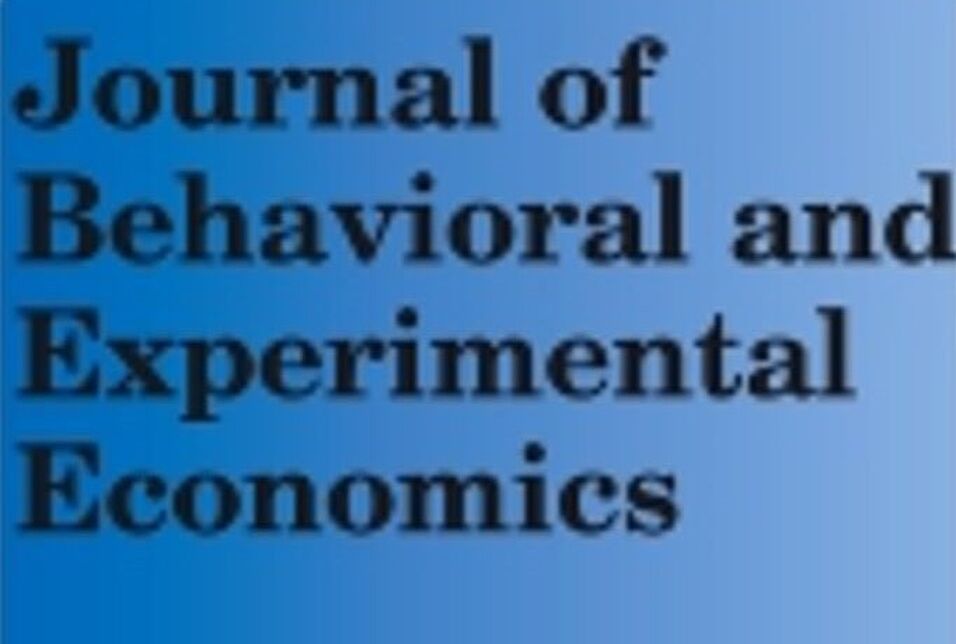Authors: Christian Koch and Cornelius Müller
Abstract:
Many countries grant exemption from legal prosecution under certain conditions, allowing for voluntary disclosures regarding tax evasion. Empirically, tax amnesties appear most successful when accompanied by an increase in enforcement efforts as they help evaders to adjust to the new circumstances. Time-limited amnesties are frequently repeated and, in some countries, even made permanent. Anticipated tax amnesties can, however, serve as an insurance against a rise in the detection probability, potentially leading to less and not more tax compliance. We test the behavioral relevance of this insurance effect in an experimental tax game and find that it indeed decreases overall tax compliance by about 9-10 percent, highlighting its relevance for the design of tax policies. A high predictability of amnesties may work to their detriment.
The paper can be found here.

